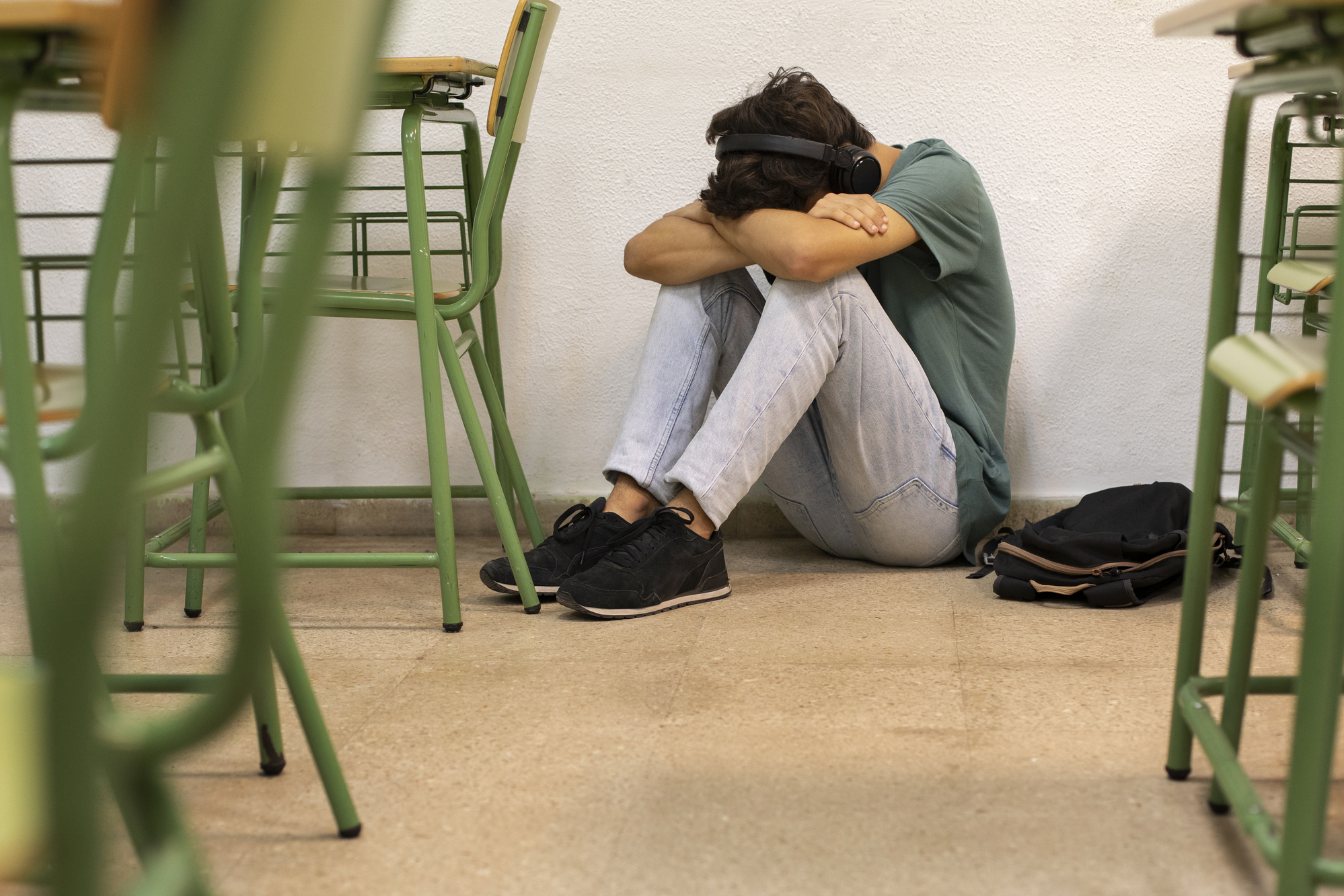

According to a recent study by John Rovers of Drake University in the United States and colleagues, some types of bullying are significantly associated with feeling depressed or hopeless and suicide in teens. According to the study, the association is strongest when kids are bullied because of their gender or sexual orientation.
According to a study, up to 30% of American adolescents experience bullying at school, which is a widespread issue. There is mounting evidence that bullying can negatively impact students’ social adjustment, health, and overall well-being. Bullying is one the primary triggers of suicide in teens.
Data from the 2018 Iowa Youth Survey, a comprehensive survey given every two to three years to students in private and public schools in Iowa’s sixth, eighth, and eleventh grades, was used by the study’s authors. They looked at 70,451 validated responses for connections between bullying and mental health.
According to unadjusted odds ratios, students who reported being physically bullied or being tormented because of their religion were no more likely to express sentiments of melancholy or hopelessness than those who did not record any incidents of bullying.
However, bullying based on sexual orientation or gender identity, or offensive sexual jokes and comments, were consistently linked to depressive and suicidal thoughts (OR 1.40–2.84). Bullying via the internet, in person, and based on race all had strong links to depression and suicide attempts.
The authors arrive at the conclusion that different forms of bullying correlate in different ways with outcomes related to mental health, and that a better comprehension of these variations could aid in the development of bullying mitigation techniques in schools.
The authors add: “Bullying hurts. It hurts the victim, and it hurts the bully. Nobody comes out better for the experience.”
more recommended stories
 Pediatric Crohn’s Disease Microbial Signature Identified
Pediatric Crohn’s Disease Microbial Signature IdentifiedKey Points at a Glance NYU.
 High-Fat Diets Cause Damage to Metabolic Health
High-Fat Diets Cause Damage to Metabolic HealthKey Points Takeaways High-fat and ketogenic.
 Can Too Many Antioxidants Harm Future Offspring?
Can Too Many Antioxidants Harm Future Offspring?Key Takeaways High-dose antioxidant supplementation in.
 Human Antibody Drug Response Prediction Gets an Upgrade
Human Antibody Drug Response Prediction Gets an UpgradeKey Takeaways A new humanized antibody.
 Dietary Melatonin Linked to Depression Risk: New Study
Dietary Melatonin Linked to Depression Risk: New StudyKey Summary Cross-sectional analysis of 8,320.
 Type 2 Diabetes Risk Identified by Blood Metabolites
Type 2 Diabetes Risk Identified by Blood MetabolitesKey Takeaways (Quick Summary) Researchers identified.
 Microglia Neuroinflammation in Binge Drinking
Microglia Neuroinflammation in Binge DrinkingKey Takeaways (Quick Summary for HCPs).
 Durvalumab in Small Cell Lung Cancer: Survival vs Cost
Durvalumab in Small Cell Lung Cancer: Survival vs CostKey Points at a Glance Durvalumab.
 Rising Chagas Parasite Detected in Borderland Kissing Bugs
Rising Chagas Parasite Detected in Borderland Kissing BugsKey Takeaways (At a Glance) Infection.
 Can Ketogenic Diets Help PCOS? Meta-Analysis Insights
Can Ketogenic Diets Help PCOS? Meta-Analysis InsightsKey Takeaways (Quick Summary) A Clinical.

Leave a Comment